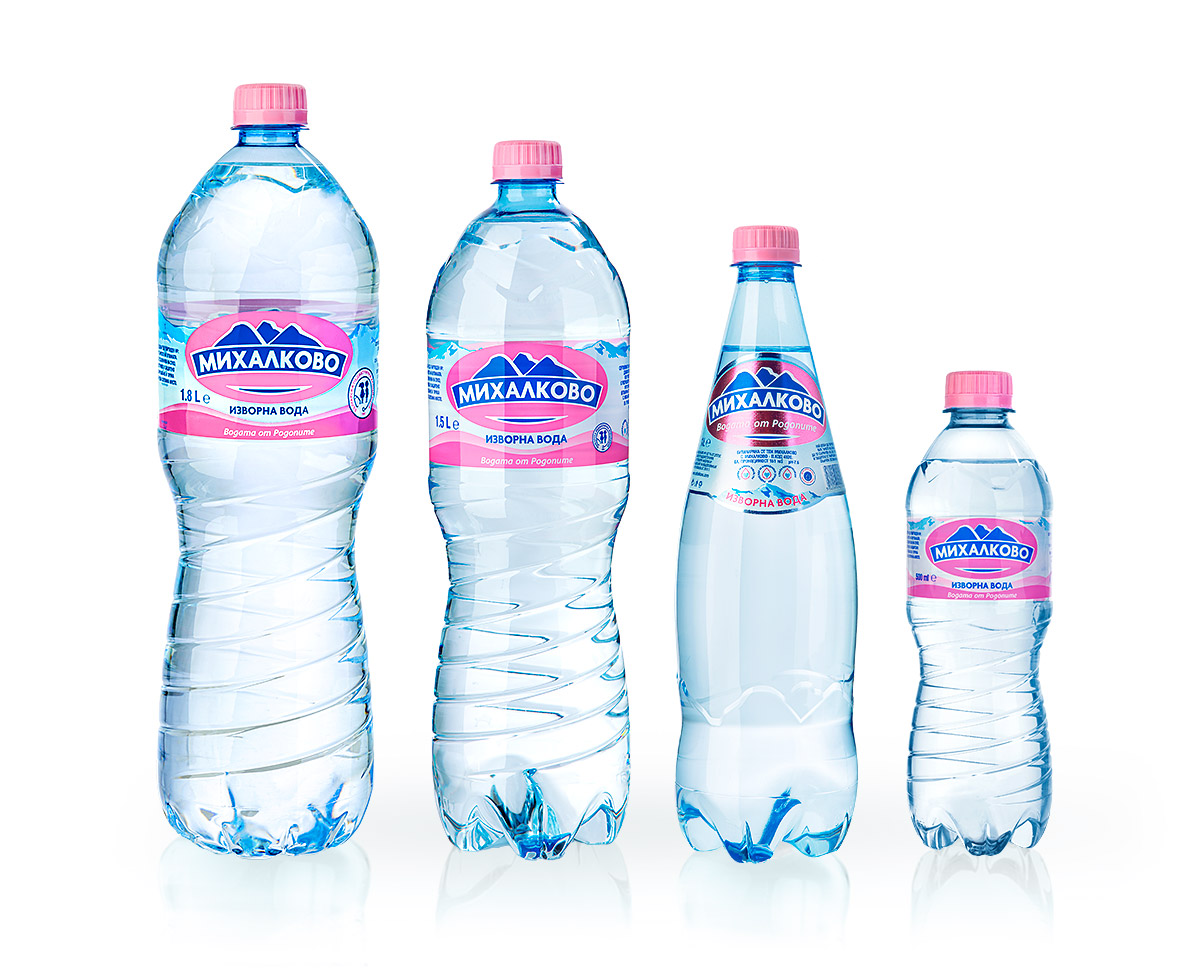On average, around half of Bulgaria’s drinking water is lost as it travels through the country’s water supply network, according to official estimates. In certain areas, the losses reach as high as 80%, meaning that from every liter of water extracted, only 200 milliliters reach end consumers. For comparison, European Union countries on average lose about 23% of their water during distribution.
Professor Emil Gachev, a geographer at the National Institute of Geophysics, Geodesy and Geography at the Bulgarian Academy of Sciences, attributes these losses to the outdated and poorly maintained infrastructure. He explains that a significant portion of water withdrawals from reservoirs and intakes is unaccounted for, making true consumption difficult to track. The data on losses include some abuses, though the exact extent is unclear. Gachev emphasizes that solving the problem begins with establishing accurate information about water use and losses.
The professor also criticizes the current governance structures in Bulgaria’s water sector. Although a Supreme Advisory Council on Water has operated for years and a new Water Board was recently created, both bodies are politically dominated, including ministers and deputies rather than technical experts such as hydrotechnicians or water supply engineers. “Creating a second structure duplicating the first one without involving experts raises questions about its effectiveness,” Gachev notes. He adds that despite state investment in scientific research, the results are often ignored, leaving expert knowledge underutilized.
Natural climatic cycles also play a major role in Bulgaria’s water supply. Precipitation patterns fluctuate over time, creating periods of surplus and scarcity. From around 2005 to 2016, Bulgaria experienced above-average rainfall, masking the inefficiencies of the water distribution system and directing political focus to other projects. However, since 2019, precipitation has largely been below normal, with only one year of above-average rainfall, and the trend has worsened since 2022.
Climate change has further compounded the issue. Over the past three decades, average temperatures in Bulgaria have risen by roughly 0.8°C nationally, with some regions experiencing around 1°C increase. This warming accelerates evaporation, reducing the overall water balance, which is determined by precipitation, evaporation, and runoff. Moreover, precipitation patterns have shifted: rainfall is occurring in heavier bursts over shorter periods, often followed by extended dry spells. Summers are becoming drier, winters wetter, and the overall distribution of precipitation is becoming more erratic.
As a result, Bulgaria is gradually acquiring a climate more akin to Greece, with increasingly dry summers and wetter winters. “Precipitation is decreasing while demand remains, leaving the country poorly prepared for water scarcity,” Gachev warns. The combination of infrastructure inefficiencies, political mismanagement, natural climatic cycles, and long-term climate change poses a mounting challenge for the country’s water resources in both the near and distant future.

